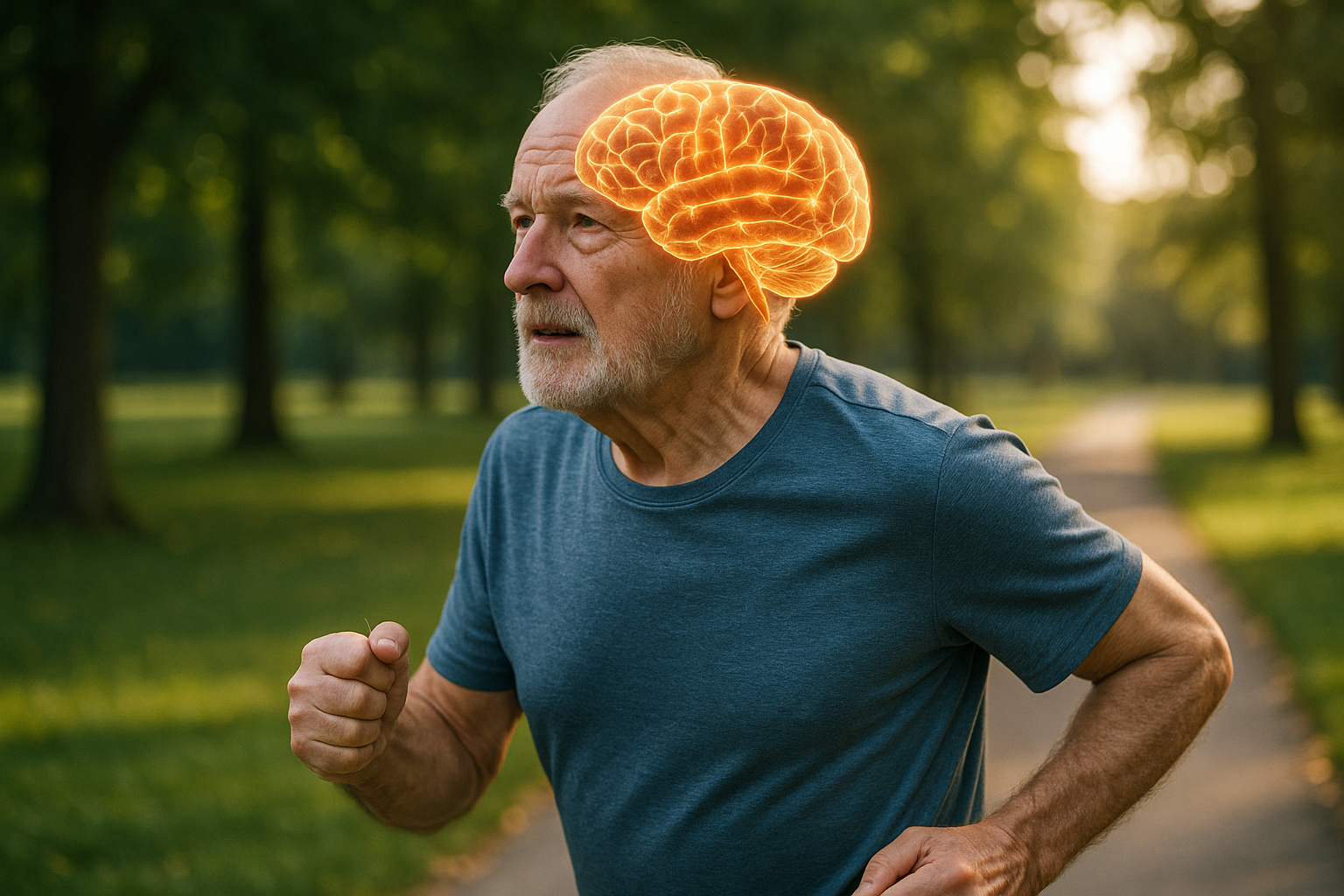10 Tips to Help Seniors Stay Sharp as They Age
Staying mentally sharp is just as important as maintaining physical health, especially as we grow older. Keeping your brain active and engaged can improve memory, focus, and overall well-being. The good news is that there are many simple habits and activities that can help seniors protect and enhance their cognitive health.

Keep Learning Something New
Challenging your brain with new skills and knowledge creates neural pathways that help maintain cognitive flexibility. Learning a new language, musical instrument, or technology skill forces the brain to form fresh connections and adapt to unfamiliar patterns. Research suggests that seniors who regularly engage in learning activities show better memory retention and problem-solving abilities compared to those who don’t pursue new knowledge.
Consider enrolling in community college courses, online learning platforms, or local workshops. Many libraries and senior centers offer computer classes, art instruction, or book clubs specifically designed for older adults. The key is choosing activities that genuinely interest you while providing appropriate mental challenges.
Stay Socially Connected
Social isolation can negatively impact cognitive health, making regular interaction with family, friends, and community members crucial for mental sharpness. Meaningful conversations, shared activities, and collaborative problem-solving all stimulate different areas of the brain while providing emotional support that contributes to overall well-being.
Volunteer work offers excellent opportunities for social engagement while contributing to community causes. Religious organizations, civic groups, and neighborhood associations provide regular social interaction. For those with limited mobility, phone calls, video chats, and online communities can help maintain important social connections.
Engage in Brain Exercises
Structured mental activities specifically designed to challenge cognitive function can help maintain and improve various aspects of brain performance. Crossword puzzles, sudoku, chess, and strategy games require different types of thinking skills, from pattern recognition to logical reasoning and memory recall.
Digital brain training programs offer scientifically designed exercises targeting specific cognitive abilities like attention, processing speed, and working memory. While results vary among individuals, regular mental exercise appears to help many seniors maintain sharper thinking skills. The variety of available options means you can find activities that match your interests and ability level.
Prioritize Physical Activity
Regular physical exercise benefits brain health through increased blood flow, reduced inflammation, and the production of growth factors that support neural health. Activities don’t need to be intense to provide cognitive benefits—moderate exercise like walking, swimming, or yoga can make significant differences in mental sharpness.
Aerobic exercise appears particularly beneficial for memory and executive function, while strength training may help with attention and decision-making abilities. Balance-focused activities like tai chi combine physical movement with mental concentration, providing dual benefits for body and brain health. Most seniors can find suitable physical activities regardless of current fitness level or physical limitations.
Eat a Brain-Healthy Diet
Nutrition plays a vital role in cognitive health, with certain foods providing nutrients that support brain function and protect against age-related decline. The Mediterranean diet pattern, rich in vegetables, fruits, whole grains, fish, and healthy fats, has shown particular promise for maintaining cognitive abilities in older adults.
Omega-3 fatty acids found in fish, nuts, and seeds support brain cell health and communication. Antioxidant-rich foods like berries, leafy greens, and colorful vegetables help protect against cellular damage. Limiting processed foods, excessive sugar, and unhealthy fats while staying properly hydrated contributes to optimal brain function.
Additional Strategies for Cognitive Health
Quality sleep, stress management, and regular health monitoring also contribute significantly to maintaining mental sharpness. Adequate sleep allows the brain to consolidate memories and clear metabolic waste, while chronic stress can impair cognitive function. Regular medical checkups help identify and address conditions that might affect brain health, such as diabetes, high blood pressure, or vitamin deficiencies.
Creating routines that incorporate multiple brain-healthy activities maximizes cognitive benefits while making healthy habits more sustainable. Combining social interaction with physical activity, such as group fitness classes or walking clubs, addresses multiple aspects of brain health simultaneously.
Maintaining cognitive health as we age requires a comprehensive approach that addresses physical, mental, and social well-being. By incorporating continuous learning, social engagement, mental exercises, physical activity, and proper nutrition into daily life, seniors can take meaningful steps toward preserving their mental sharpness. While individual results may vary, these evidence-based strategies offer practical ways to support brain health and enhance quality of life during the aging process.
This article is for informational purposes only and should not be considered medical advice. Please consult a qualified healthcare professional for personalized guidance and treatment.




